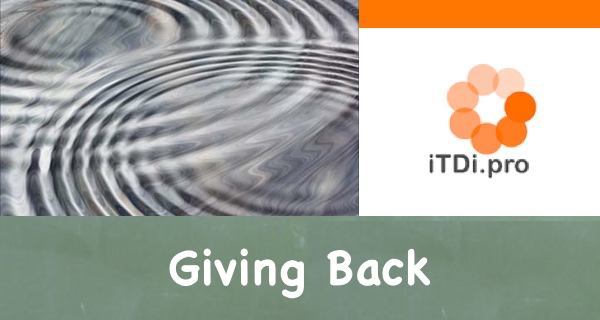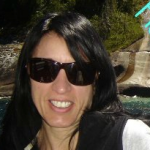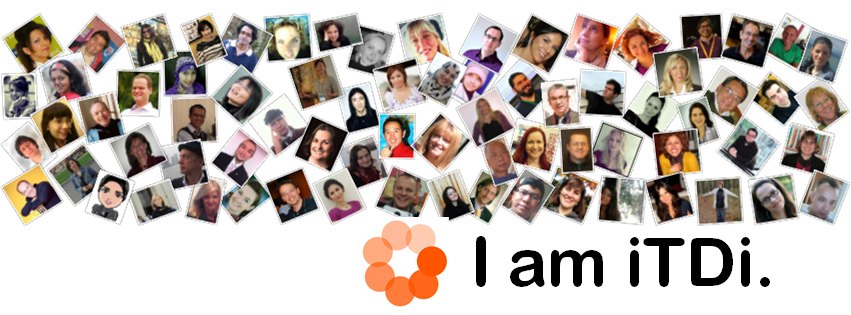by Kevin Stein
 At my high school, we have a licensed psychologist on staff once a week to meet with the students. Her name is Mrs. Kumazawa, although everyone, staff and teachers alike, simply call her Kumi. Recently I’ve noticed that she leaves a heartbeat or two of space before saying hello each morning. In that moment, she looks at you in the eyes. She sends a clear message, “I’m not saying hello to just anyone. I am saying hello to you.” Her job is to help my students stay in school. Like all teenagers, my students are struggling with what it means to become an adult. They are learning to take care of themselves while also trying to figure out when and how to take care of each other. And if that isn’t enough, many of them were bullied in junior high school, or come from families that have weathered storms of domestic violence or the loss of a parent. My students often need the extra support that Kumi can provide.
At my high school, we have a licensed psychologist on staff once a week to meet with the students. Her name is Mrs. Kumazawa, although everyone, staff and teachers alike, simply call her Kumi. Recently I’ve noticed that she leaves a heartbeat or two of space before saying hello each morning. In that moment, she looks at you in the eyes. She sends a clear message, “I’m not saying hello to just anyone. I am saying hello to you.” Her job is to help my students stay in school. Like all teenagers, my students are struggling with what it means to become an adult. They are learning to take care of themselves while also trying to figure out when and how to take care of each other. And if that isn’t enough, many of them were bullied in junior high school, or come from families that have weathered storms of domestic violence or the loss of a parent. My students often need the extra support that Kumi can provide.
 Sometimes a student will ask for me, their homeroom teacher, to be in the room when they talk with Kumi. I’ve seen how Kumi listens to each student. The way she does not hold back her tears when a student is telling a story of deep pain or loss. The way she is open to everything a student says. And especially the way she honours students’ feelings by acknowledging those feelings as real and valid. She says, in a soft voice, things like, “You were trying so hard, and no one noticed you trying. It must have been so lonely.” When a student has finished talking, saying everything they want to say, Kumi asks them, “What do you want to do next?” She never puts forward a suggestion. She waits as long as it takes until a student comes up with a way to move forward, however small and stumbling the step might be.
Sometimes a student will ask for me, their homeroom teacher, to be in the room when they talk with Kumi. I’ve seen how Kumi listens to each student. The way she does not hold back her tears when a student is telling a story of deep pain or loss. The way she is open to everything a student says. And especially the way she honours students’ feelings by acknowledging those feelings as real and valid. She says, in a soft voice, things like, “You were trying so hard, and no one noticed you trying. It must have been so lonely.” When a student has finished talking, saying everything they want to say, Kumi asks them, “What do you want to do next?” She never puts forward a suggestion. She waits as long as it takes until a student comes up with a way to move forward, however small and stumbling the step might be.
It is Kumi’s job to talk to the students. It is also Kumi’s job to let me know how those students are feeling and to help me find a way to help them stay in school as well. But I would be lying if I said I never bristle at what my students sometimes say to Kumi. I would be lying if I said that I never wanted to tell my side of the story, to defend my classes, to defend myself. Kumi has told me a story of a student feeling lost and overwhelmed in class and I have said, “If he did the homework once in a while, maybe he wouldn’t feel so lost.” Or about a student who cannot connect up with the other kids in class, I have said, “If she doesn’t talk to anyone, of course she will feel disconnected.” But the longer I work with Kumi, the less I feel the need to defend myself. What am I defending myself against? Do I need to defend myself against the fears, needs, and hopes of my students?
Over the past few months, there have been a number of issues that have been discussed in the ELT community: discrimination faced by non-native English teachers, the role that gender plays in a teacher’s ability to be recognised by the community, issues of class and access to professional development. When I started curating the iTDi blog in March of this year, I wondered what role the bloggers I work with and the platform that iTDi provides us could play in these discussions. In the end, I decided that before I could address any of the issues directly, I needed to prove that the space I was curating was safe, that teachers could say and share what they wanted to, and that they would be supported as they found and used their voice. So from March to now, the last issue before the summer vacation, I have encouraged teachers to blog about the issues, inside and outside of their classrooms ,which impact them as teachers and people.
Perhaps some people might say that simply listening is not enough, that simply providing a space for people to share will not create the change we need. To that, I can only say I am sorry if I should have done more. But over the past few years, Kumi and the others mentors who have taken time to help me grow have all taught me one important thing, first we must listen. When we truly listen, we are creating the space for our students, our friends, and our coworkers to take the next step. It is through listening that we can say, without speaking a word, “I believe in you. You know what to do next.” We have started to have some very important conversations in ELT. It is my hope that the iTDi blog, by giving teachers a chance to share their struggles and joys in and out of the classroom, has and will be a part of those conversations. It is also my hope that, as curator, those conversations will be grounded in the idea that every teacher’s voice matters, and that community is not the problem, but the start to any solution.
I would like to thank all the bloggers who have joined on the first few steps of this journey, the ones who have shared stories of their heroes, their coworkers, their students, and their families. I have learned about myself by working with you and having the privilege of publishing your stories of needs and abundance. I hope that in some small way, I have managed to give something back, to the community of teachers who has given me so much.








 by Rose Bard
by Rose Bard

